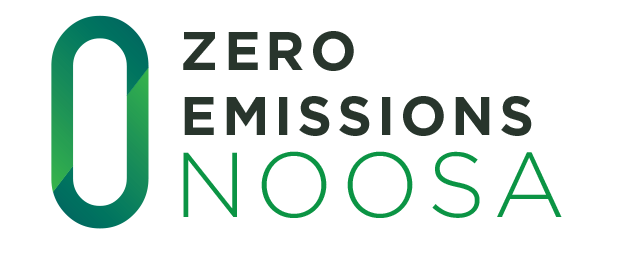POWER PURCHASE AGREEMENT
A Power Purchase Agreement (PPA) is similar in many ways to a Solar Lease. A third-party will install a solar system on your roof for free, however rather than making lease payments you agree to buy the solar power produced by the system at an agreed rate for each kilowatt hour (kWh) of electricity the system produces.
Image: Bissell’s Paint & Panel
WHAT IS IT?
Currently there is no such thing as a standard PPA. A PPA may include a minimum duration and/or a requirement for you to purchase a minimum amount of electricity per month at a price set out in your contract and can be for terms of anywhere between ten and twenty years. End of term options may include renewing the PPA at the same or lower cost per kWh; or paying a ‘residual’ payment in order to take ownership of the system; or removing the system from your property.
WHO WOULD A PPA SUIT?
A PPA is an option if you do not want to, or can’t, pay for the system up front or you can’t borrow the money to fund the purchase. PPAs are particularly well suited to larger commercial business or any large property that uses a significant amount of electricity and where almost all of the electricity generated on-site can be used on-site.
WHAT ARE THE BENEFITS?
You can get a solar system installed without any, or a very small, up front cost and immediately start getting cheaper electricity.
Electricity remains an operational expense for your business.
Your electricity price per kWh is set for the duration of the contract giving you certainty.
You can often get flexible terms with extension and early buyout options.
You have no responsibility for management or maintenance of the system.
TRAPS FOR THE UNWARY
It is vital that you know, in detail, your energy consumption pattern throughout the day and the week – in other words, how much electricity you use for each hour of the day and each day of the week on average.
If the solar power you generate is not used on-site (for example, at the weekend) or stored in batteries and used later, then it must be fed into the electricity grid in exchange for an agreed feed-in-tariff. The feed-in tariff will be less than you are paying the third party for producing the electricity, meaning you will be out of pocket for the difference.
For a PPA to be cost effective you must be able to save enough money on electricity when you are using it to offset the cost of exporting it to the grid when you don’t need it on-site. Plus, enough to give you an overall reduction in your electricity cost when compared with your current arrangement.
As there is, currently, no such thing as a standard PPA, it is very important to understand, and where appropriate, get legal and accounting advice on, the features, costs, and benefits of the particular PPA you are considering.
Check whether you will need to pay any up-front costs, such as: for wiring upgrades; fixing up your roof before the panels can be installed; or the cost of getting a new meter.
Remember that you are locked into a fixed contract for the term and if you need to end it early there’s a good chance you’ll have to pay early exit fees.
Also check what rights you have if there is damage caused to the roof, or other part of your building, when the system is being installed or removed.
Check whether the third-party can cancel the contract if they decide the system isn’t making them enough money.
Check the effective interest rate on the solar lease. If it’s higher than other forms of credit, consider alternatives.
Before you make any final decisions ... about which type of financing option you choose, consider how it will impact you and your business. Each is suited to different commercial circumstances.
To help you understand the options Zero Emissions Noosa (ZEN) Inc. has produced a series of fact sheets to help you weigh up the pros and cons of the most common ways you can finance your solar installation.
Remember though if you have the cash, you may well benefit financially by paying upfront.
Navigate to other parts of the Finance Toolkit using the buttons below, or click on the images at the bottom of the page to download PDF versions of the factsheets.
Disclaimer: This is not is not financial advice. You should consider seeking independent legal, financial, taxation or other advice to check how this information relates to your unique circumstances. ZEN is not liable for any loss caused, whether due to negligence or otherwise arising from the use of, or reliance on, the information provided directly or indirectly, by use of this factsheet.







